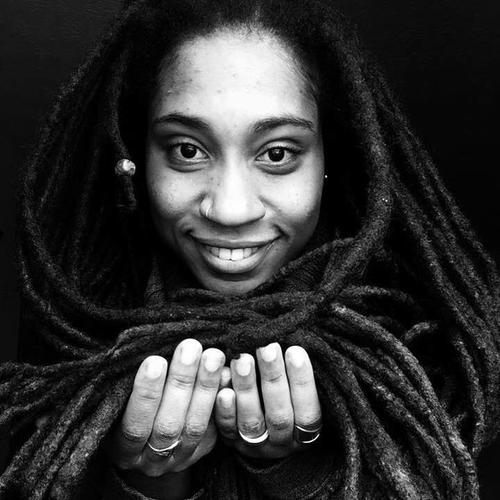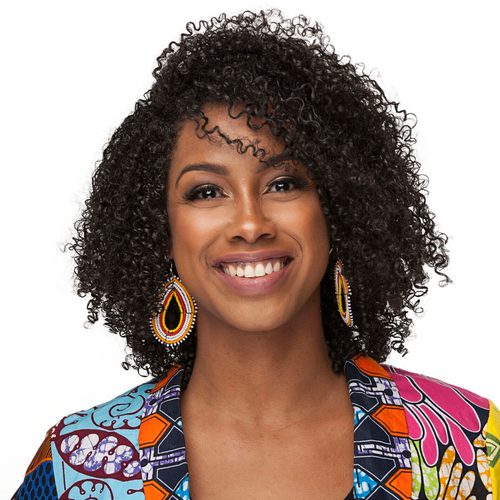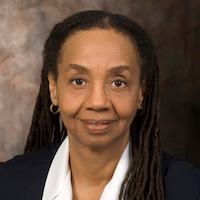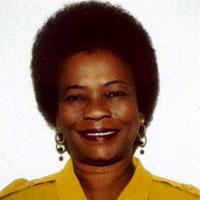Africana Studies
Academic Department Introduction
We acquaint students with a critical perspective on the Africana world, found primarily in Africa, the United States, the Caribbean, and South America, but also among peoples of African descent in Asia and Europe. Our program of study examines movements such as Negritude, Garveyism, pan-Africanism, the Civil Rights Movement, decolonization, Black consciousness, Black identities, and Black feminism. Through courses in history, literature, psychology, sociology, anthropology, political science, economics, religion, and the creative arts, students examine the African world and the relationship between Africana people and the larger world system.
Practical hands-on experience is an important complement to the classroom. We encourage students to participate in conferences, colloquia, field trips, study abroad programs, and internships in professional or governmental programs, such as the Black Caucus and the United Nations programs.
Learning goals
- Understand and communicate the concepts, theories, and knowledge of Africana studies from a multidisciplinary perspective.
- Understand the discourses of the African diaspora through a variety of disciplines.
Programs of Study
Africana major and minor
Students develop and synthesize knowledge of Africana world issues.
Course highlights
Introduction to the Black Experience
AFR105
This course serves as the introductory offering in Africana Studies. It explores, in an interdisciplinary fashion, salient aspects of the Black experience, both ancient and modern, and at the local, national and international levels. This course provides an overview of many related themes, including slavery, Africanisms, gender, colonialism, civil rights, and pan-African exchange.
-
African American English and Other Dialects of American English
LING338
What is a dialect and who speaks one? Why are some ways of speaking English stigmatized while others are barely noticed? This course explores the dialect diversity that exists in American English and unpacks stereotypes around use of non-standard dialects by showing their rich complexity and deep historical roots. While our case study focus will be on the second most spoken dialect of American English, African American English, we will also discuss dialects like Chicano English, Appalachian English, and others. Throughout the semester, we will examine the linguistic features and usage practices of these English varieties. We will also spend time discussing theories on the origins and development of African American English, its importance to linguistic theory, and its representation in American culture through engagement with the documentary series Talking Black in America. (AFR 338 and LING 338 are cross-listed courses.) -
New World Afro-Atlantic Religions
AFR242
With readings, documentary films, discussions, and lectures, this course will examine the complex spiritual beliefs and expressions of peoples of African descent in Brazil, Cuba, Haiti, Jamaica, and North America. The course surveys African diasporic religions such as Candomble, Santeria, Voodoo, Shango, and African American religions. Attention will be paid to how diasporic Africans practice religion for self-definition, community building, and sociocultural critique, and for reshaping the religious and cultural landscapes of the Americas.
Research highlights
-

Professor Kellie Carter Jackson’s current projects include We Refuse: A Forceful History of Black Resistance (Basic Books, 2024), which examines the multiple ways Black people have combated white supremacy, from the Haitian Revolution to the present, and two podcasts with Radiotopia: This Day in Esoteric Political History and You Get a Podcast!
-

Professor Chipo Dendere is researching how some of Africa’s first ladies have influenced national policy-making; her investigations will culminate in a forthcoming book. Hailey Lunceford ’26 assisted with research as a 2023 SSSRP fellow.
Beyond Wellesley
Beyond Wellesley
Our graduates are prepared for graduate schools and careers in such fields as education, health care, finance, journalism, law, and city planning. Recent employers include Marc Jacobs, Bank of America, and Boston University.
Recent Employers






For more
The Griot
The Griot is our Africana Studies Department newsletter that focuses on faculty and students throughout the year. We hope you enjoy the articles.
106 Central Street
Wellesley, MA 02481









:focal(1893x1262:1894x1263)/https://tf-cmsv2-smithsonianmag-media.s3.amazonaws.com/filer_public/2f/28/2f285acf-f9a1-45a2-9a61-1bf93e1b43d8/passthru-drawer_out.jpeg)
